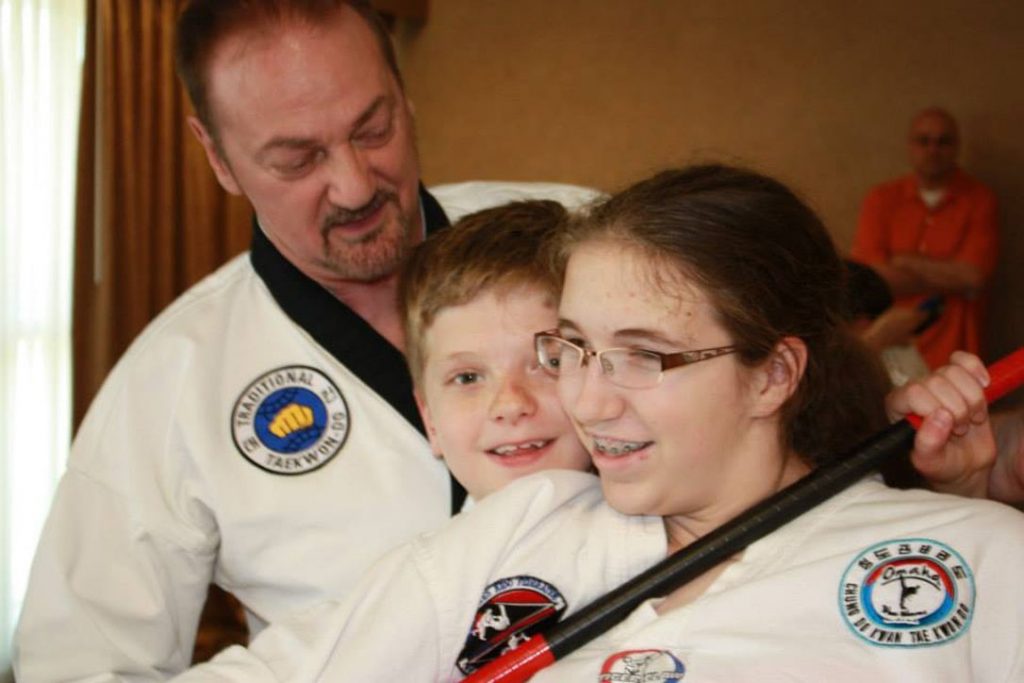QUICK NOTES…The United States Kido Federation, the International Jun Tong TaeKwon-Do Federation, the International TaeKwon-Do Federation, and many other certification bodies require more than just basic skills and time in grade for students to advance. It is important to look at the reasoning behind these extra-curricular requirements to understand and why they were implemented. Unlike most other sports and activities, martial arts are rooted in an ethical framework that exists to encourage the practitioner’s personal development. The art of TaeKwon-Do even includes tenets and a student oath that outline some of the requirements students are expected to adhere to in their training. Below is a brief look at some of the requirements that make learning martial arts unique.
EXAMPLE OF FREQUENT REQUIREMENTS
Community Service – These requirements vary by school, but generally students must complete ten community service projects before being considered for black belt. This was implemented to help students understand the importance becoming involved with activities that are in the service of others. The framers felt that ethical development integral to growth and it was important to help build character, compassion, and understanding. This was encouraged by requiring students step out of their comfort zone and work to help those in need through community service projects. The hope is that growth comes with understanding by seeing through service.
Tournament Points – Although modern tournaments are a relatively new phenomena within the martial arts community. Martial artists have competed with each other on the battlefield and in games since the inception of the arts. Although the format has frequently changed, the realization that we become better by testing ourselves in difficult situations is a forgone conclusion: fear of the unknown is diminished, the opportunity to learn from others is plentiful, and participants are able measure their skills against others with different backgrounds. Tournaments generally build drive, self-confidence, and serve as a great way to grow skill sets.
Seminar Points – Regardless of whether your school has a fantastic instructor or not, there is value in learning from people outside of your normal sphere of contact. Students are often asked to ’empty their cups and taste a new tea’ when learning from a seminar or guest instructor. Even though what they may be learning might be different from what they have already been taught, it does not less the value of the instruction. By looking at techniques from different perspectives students are able to assimilate new tools and develop new approaches to deal common training situations.
Instructional Classes/Requirements – Most organizations either require or offer instructional training as part of the rank development process. Students are required to learn public speaking skills, how to break down complex ideas, to become observant, and how to relate information to people of different ages and backgrounds. These types of classes and skill development practicums enhance the development of the individuals technical understanding of the art.
These (and so many other) extra-curriculars are just part of the reason that martial arts are separate and distinct from most activities. When you are looking for more than just an average activity, look no further than a traditional martial arts school.
Want to learn more? Contact Omaha Blue Waves Martial Arts at (402) 215-6003.

